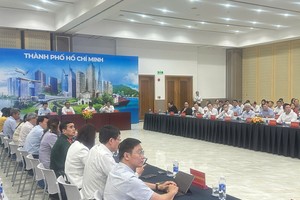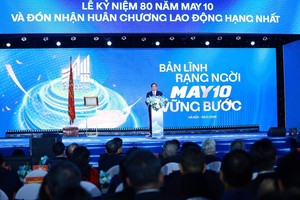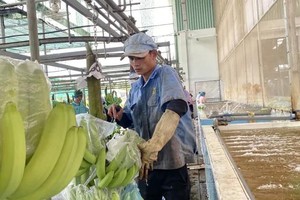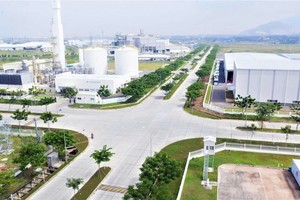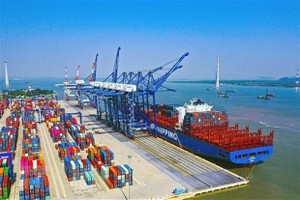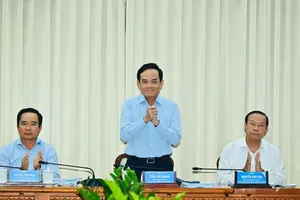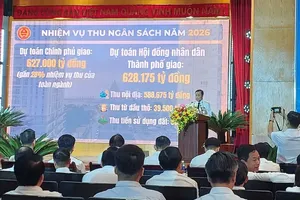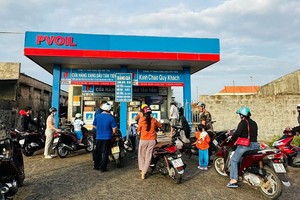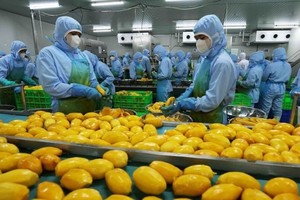 |
Despite a registered capital drop of 4.3 percent in the first 6 months of 2023, the third quarter witnessed a significant recovery of 12 percent. The disbursed capital in the third quarter also came to nearly $16 billion (a rise of 2.2 percent). This is an important driving force for the national economic growth this year and the near future.
This FDI increase is a positive signal of greater confidence from international investors in the stable macroeconomic policies and effective fiscal or monetary policies of Vietnam, creating a safe and open investment environment.
The Foreign Investment Agency (under the Ministry of Planning and Investment) informed that in the capital flow into Vietnam in the past 9 months, the growth rate of new projects (at 66.3 percent) is higher than that of new investments (at nearly 44 percent). This means that small and medium-scaled investors continue to show interest in the investment environment of the country, whereas large-scaled ones are more careful in sizable projects when the global minimum tax policy takes effect on January 1, 2024.
New projects are mainly launched in advantageous locations such as Hanoi, HCMC, Bac Giang Province, Binh Duong Province, Hai Phong City. Many investors come from Asia, a large proportion of which is traditional (Singapore, Japan, China, and the Republic of Korea). Their registered FDI accounts for nearly 79 percent of the total in the first 9 months this year, each over $1 billion. Singapore leads the list with $4 billion of investment.
It is now critical to maintain this positive economic picture and attract even more new investors for large projects. Head of the Foreign Investment Agency Do Nhat Hoang stressed the validity of conventional measures like issuing suitable policies for each industry, perfecting the current institution, eliminating outdated business conditions, accelerating administrative reform, effectively implementing the model of one-stop administrative procedure, updating the human resources level, developing consistent traffic facilities nationwide to form a link among economic zones.
He also mentioned the importance of a legal document for the adoption of the global minimum tax policy next year in order to better help businesses to pay additional taxes in Vietnam. The transparency in this procedure allows those wishing to invest in Vietnam to calculate business costs and profits quickly and precisely. Meanwhile, operative enterprises in the country also need support policies and investment incentives when implementing the global minimum tax policy.
Carrying out these proposals can turn Vietnam into the nation with a more competitive and attractive investment environment in the near future.
